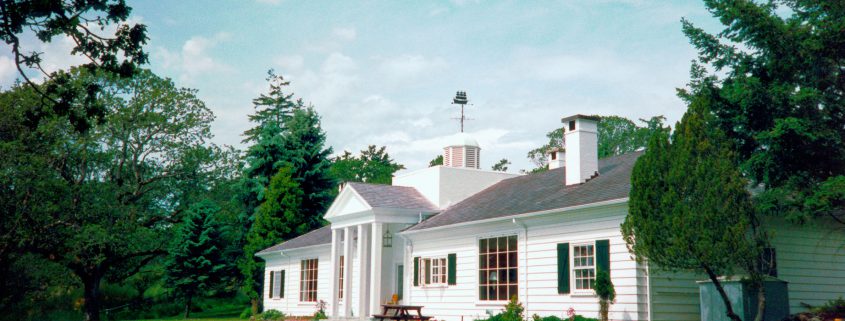Swanwick Star Issue No. 6 (2013)
The Bird in the Verandah
CS – I have written out our last discussion and, reading over it, it occurs to me that we have not dealt with the “fabric” of the human prison.
AA – Ah, yes! – the nature of the dragon’s pool.
CS – I think it has something to do with one’s relationship to past memories or “trace” – the trace that one senses after meeting a person, leaving a cemetery, visiting a particular part of the city or place.
I sense that it may be the crux of these chains, this imprisonment. Trace is like a layer of dirt that mars the beauty of everything. It is a desolation, the collective sorrow of mankind – I think it is human suffering.
AA – The difficulty of learning the freedom that is available to one, it takes a long time to discover.
There may be little flashes – insights – illuminations – but, then, the realization invariably recedes unless it is renewed each moment.
CS – …the obstacle to overcoming the idea of psychological limits.
That reminds me of something that happened this morning:
There was a little bird who flew into my glass-encased verandah and, suddenly, found that it was no longer free. It flew around and around in great distress but could find no way out of its prison. When it had exhausted itself, it just sat quietly in a corner.
Then, two other birds alighted beside it from a nearby tree.
Soon, they flew off again and the trapped little bird realized there was a gap between the glass sheets, so she followed them through.
AA – Yes, that is a marvellous description of it. Often, we do not take heed of the messengers sent to “guide” us along the way.
CS – As a child, I was always very sensitive to “trace” and had an intuition that there was a different way of living, without conflict.
AA – Because there is…but it is not an idea or concept.
CS – It is outside the realm of thinking.
AA – Yes!
Excerpt from The Bird in the Verandah (March 2001): personal impressions of dialogues with Professor Allan Anderson [AA] and printed with his permission.
In no way does the writer, Chanda Siddoo [CS] purport that these are verbatim discussions, but, passages recalled after telephone conversations in which she has attempted to pluck out their essence.


